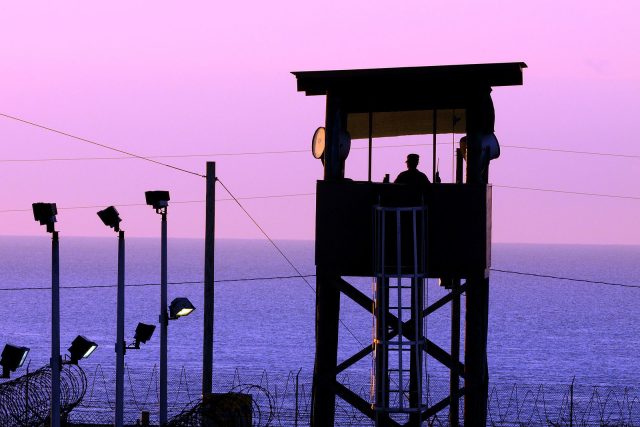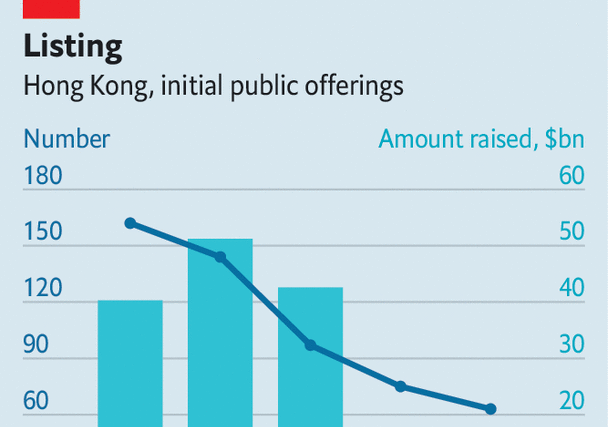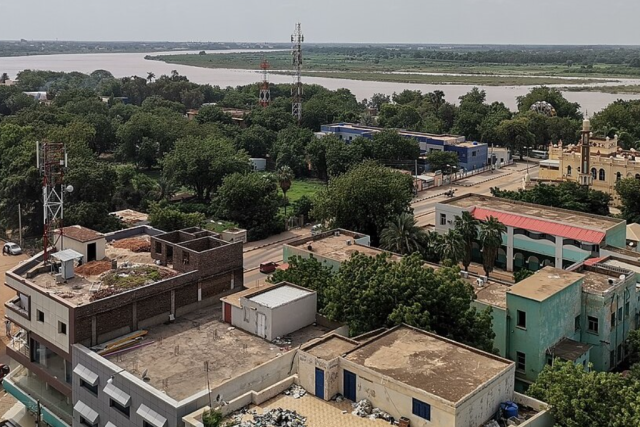The UK Supreme Court ruled Wednesday that a Guantanamo Bay prisoner held by the US can bring a claim in the English and Welsh courts against UK authorities. The detainee, Zayn al-Abidin Muhammad Husayn (Zubaydah), alleged that British intelligence services asked the CIA to interrogate Zubaydah and sent the spy agency numerous questions to elicit information from Zubaydah.The US held Zubaydah at black site facilities in Thailand, Poland, Morocco, Lithuania, Afghanistan and Guantanamo Bay, on suspicion of having links to Al Qaeda. According to a US Senate report issued in 2014, Zubaydah was subjected to “enhanced interrogation techniques,” including waterboarding and other physical and psychological abuse. He is now bringing a claim against the UK Foreign Office, the Home Office and the Attorney General, to hold them vicariously liable for the actions of British intelligence services.The preliminary issue for the courts in this case was which law applied to the torts allegedly committed while Zubaydah was being held in these six countries. UK authorities argued that the laws of the nations where he had been imprisoned should apply in the case, whereas Zubaydah argued that the laws of England and Wales applied. The High Court had initially agreed with the British authorities, but the Court of Appeal overturned their decision in 2022. An appeal was then made to the Supreme Court, who in a majority decision upheld the Court of Appeal’s ruling.In the judgment, Lord Lloyd-Jones and Lord Stephens wrote that Zubaydah was deliberately kept disorientated, not knowing which country he was being held in at any given time. They said:In these circumstances, his involuntary presence in any of the Six Countries cannot constitute a meaningful connection with that country. Furthermore, he could have had no reasonable expectation that the law of wherever he was should apply to his situation.Furthermore, the justices stated that he had no access to the laws in the countries he was held, that the UK intelligence services were “entirely indifferent” to where he was being held and that his ill-treatment was at the hands of non-nationals of the six countries he was held in. They held that the alleged torts were most likely to have taken place in England and were committed by the UK intelligence services for the perceived benefit of the UK. The justices concluded that “the actions were taken by UK executive agencies acting in their official capacity in the purported exercise of powers conferred under the law of England and Wales.”




The Most Read
Сryptocurrencies
Bitcoin and Altcoins Trading Near Make-or-Break Levels
Financial crimes
Thieves targeted crypto execs and threatened their families in wide-ranging scheme
Financial crimes
Visa Warning: Hackers Ramp Up Card Stealing Attacks At Gas Stations
News
Capitalism is having an identity crisis – but it is still the best system
Uncategorized
The 73-year-old Vietnamese refugee is responsible for bringing Sriracha to American consumers
Uncategorized
Electric Truckmaker Rivian, Backed By Amazon, Ford, Raises Whopping $1.3 Billion